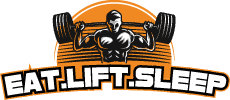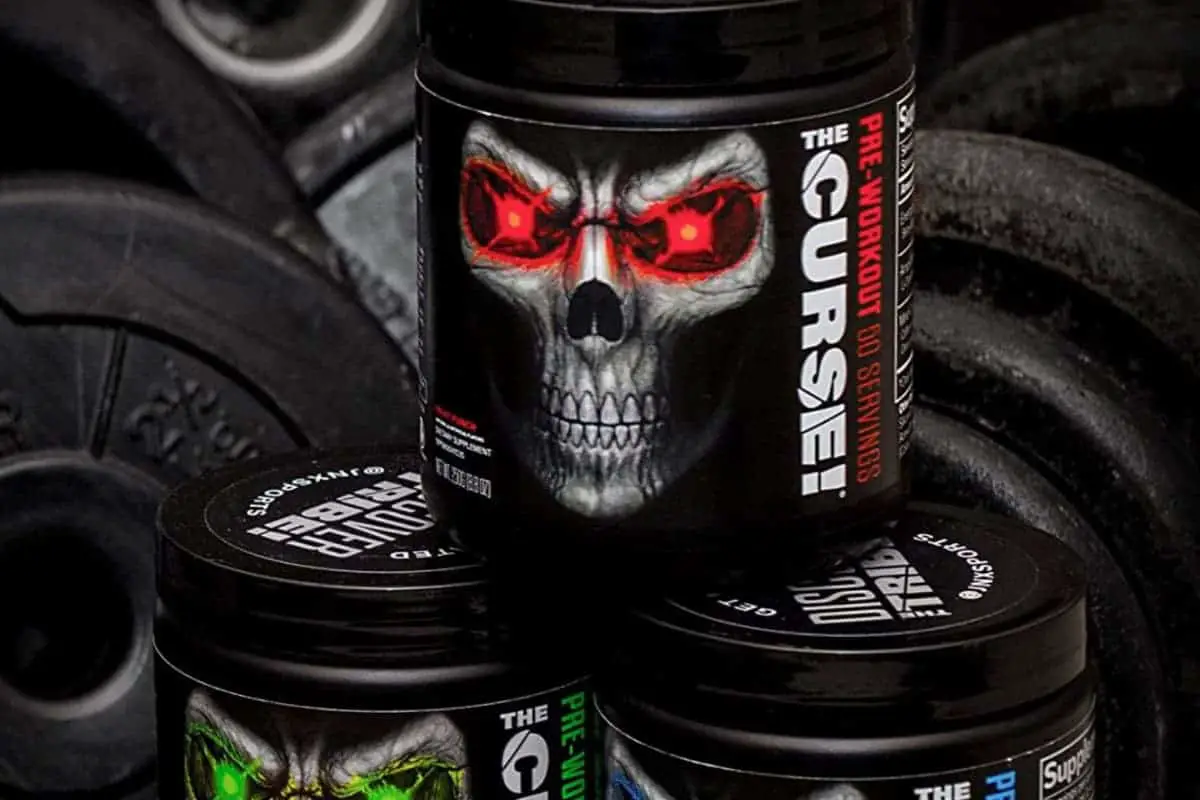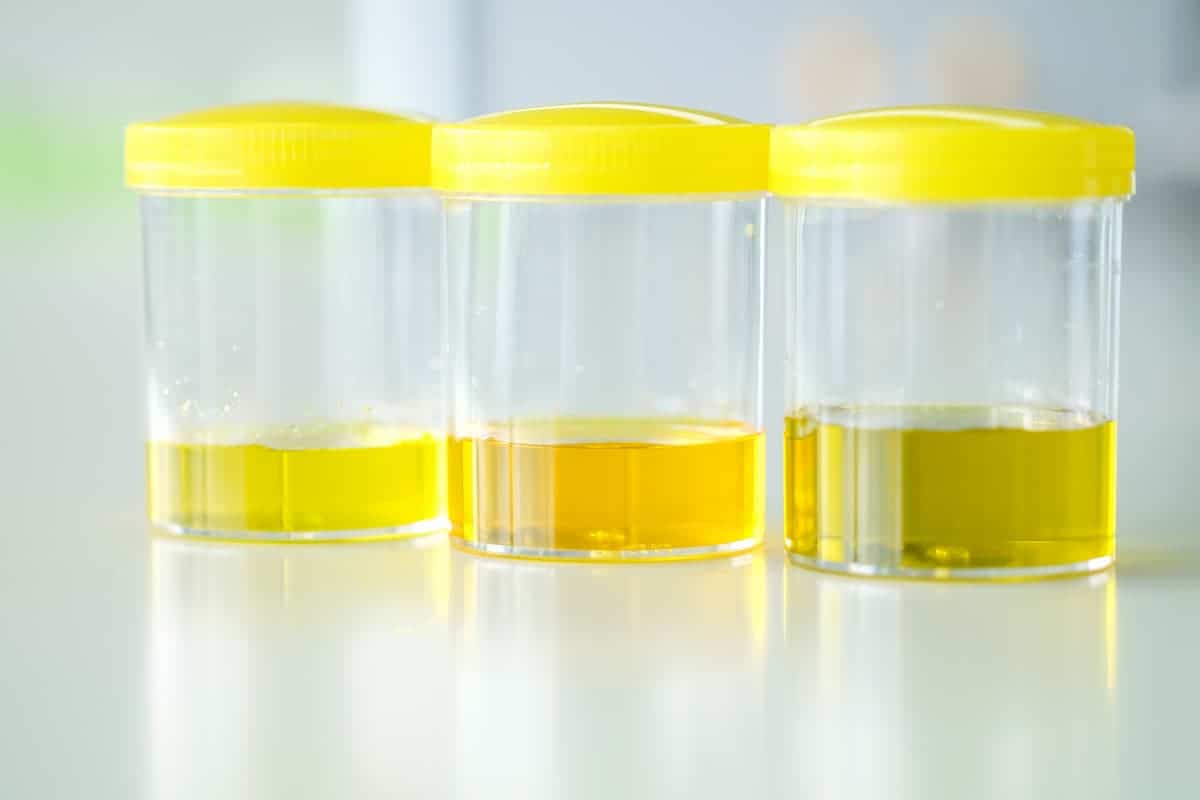Are you one of those gym-goers who experience a tingling or itching sensation after taking pre-workout supplements? Don’t worry, you’re not alone.
For many fitness enthusiasts, pre-workout tingles are a common, yet often misunderstood phenomenon. In fact, the culprit is an ingredient called beta-alanine, which is essential in boosting your workout performance.
But how does it work, and why does it make you itchy? Join us as we explore the link between pre-workout supplements and pruritus, and discover everything you need to know about this fascinating phenomenon.
Definition of pre-workout
Pre-workout is a popular supplement that is designed to help individuals perform better during their workout and achieve more pronounced results quicker.
It is a blend of dietary ingredients that can come in the form of capsules, powders, or drinks. The main ingredient in pre-workout supplements is beta-alanine, a nonessential amino acid that works with histidine to produce carnosine.
Carnosine helps reduce the buildup of lactic acid in the muscles during exercise, which means you can push harder and longer during your workout.
However, one common side effect of pre-workout supplements is itching or pruritus, which is a sensation caused by paresthesia.
Common side effects: itching or pruritus
Itching or pruritus is a common side effect experienced by many people who take pre-workout supplements containing beta-alanine.
The sensation is often described as a tingling or pins-and-needles feeling in the neck, shoulders, and arms.
Although it can be uncomfortable, there is no need to be alarmed as itching is not considered dangerous.
The sensation is caused by paresthesia, a process initiated by certain neurons in the body that respond to beta-alanine.
The intensity and duration of itching vary from person to person, and there are ways to reduce the sensation’s intensity, such as taking multiple doses throughout the day or opting for sustained-release versions of beta-alanine supplements.
Overview of the article’s objective
The objective of this article is to explore the link between pre-workout supplements and pruritus or itching.
The article will define pre-workout and discuss its common side effect, itching. It will delve into the role of beta-alanine, a popular ingredient in pre-workout supplements, and how it helps in workouts.
The sensation of paresthesia, which is responsible for the itch, will also be explained. The article will then address the safety of the itching and the frequency of its occurrence among pre-workout users.
Additionally, it will discuss common causes of itching and provide tips to reduce its intensity. Overall, the article aims to inform readers about this common side effect of pre-workout supplements and provide insights on how to manage it.
What is Beta-Alanine?
Definition of beta-alanine
Betaanine is a naturally occurring amino acid in the human body that is used widely as a supplement for muscle building.
It is a major component of the dipeptide carnosine and can boost the synthesis of intramuscular carnosine, which helps prevent muscle cells from becoming acidic, decreasing fatigue during exercise.
Beta-alanine combines with histidine to produce carnosine, which offers benefits like helping to reduce fatigue and reach peak physical performance.
Beta-alanine can also cause skin paresthesias or itching, but this sensation is harmless and temporary.
It triggers certain neurons responsible for initiating a tingling sensation, referred to as paresthesia, which is a common reaction to certain ingredients found in pre-workout supplements.
The role of beta-alanine in the body
Beta-alanine is a naturally occurring amino acid in humans that plays a crucial role in muscle building.
When combined with histidine, it produces carnosine that helps reduce fatigue and reach peak physical performance.
Beta-alanine is widely distributed in the nervous system and the skin and binds and activates MrgprD receptors that are highly expressed in a subset of small-diameter dorsal root ganglion neurons implicated in mechanosensation.
By triggering certain neurons responsible for initiating paresthesia, beta-alanine can cause an itching or tingling sensation after consumption, particularly with pre-workout supplements.
Nonetheless, beta-alanine has been scientifically proven to enhance exercise performance, build muscle, improve endurance, delay fatigue, speed up recovery, and enhance mental focus.
How beta-alanine helps in workouts
Beta-alanine is a popular supplement used by athletes and fitness enthusiasts to improve their workout performance.
It works by increasing the levels of carnosine in the muscles, which can help to reduce fatigue and increase endurance during exercise.
By increasing the buffering capacity of the muscles, beta-alanine can also delay muscle fatigue, allowing for longer, more intense workouts. Its ability to improve neuromuscular function can also help to enhance overall performance.
Additionally, studies have shown that supplementing with beta-alanine can lead to increased muscle mass and improved body composition.
Overall, beta-alanine can be a valuable tool in any athlete’s training program.
Why Does Beta-Alanine Make You Itch?
Paresthesia: the sensation behind the itch
Paresthesia is a common sensation experienced by individuals who consume pre-workout supplements.
It is a tingling or prickling feeling that is often described as an “itch” or “pins and needles.” This sensation is caused by the activation of nerve endings in the skin, which is triggered by the consumption of beta-alanine, a popular ingredient in pre-workout supplements.
While paresthesia is often considered to be a harmless side effect of consuming these supplements, it can be uncomfortable for some individuals.
However, the sensation usually lasts for a limited time and typically subsides on its own. If you are experiencing severe or prolonged itching, it is important to seek medical attention to ensure that there are no underlying health concerns.
The mechanism of paresthesia
When you take pre-workout supplements with beta-alanine, you might feel a tingling or itchy sensation on your skin.
This sensation is called paresthesia, and it happens because beta-alanine activates specific nerve fibers in your skin.
These fibers are responsible for sensing touch and pressure, and they send signals to your brain that translate into the strange sensations you experience.
However, scientists have found that this sensation is not harmful and will eventually go away on its own.
If you find the scratching unbearable, consider taking smaller doses of beta-alanine or spreading out your supplements throughout the day.
Is the itching dangerous?
The sensation experienced after taking a pre-workout supplement is known as paresthesia. It is caused by the beta-alanine ingredient in the supplement and is a completely normal and non-harmful side effect.
Although the sensation may be uncomfortable and irritating, it is not dangerous. Studies have shown that beta-alanine supplementation is safe at recommended doses and has been proven to improve exercise performance, reduce fatigue, and increase muscular endurance.
However, the intensity and frequency of the itching may vary from person to person, so it is important to monitor your symptoms.
If you experience any concerning side effects, it is best to consult a healthcare professional.
Understanding Pre-Workout Tingling
Beta-alanine and pre-workout supplements
Beta-alanine is a naturally occurring amino acid in humans, and it is widely distributed in the nervous system and skin.
It is a popular supplement used in pre-workouts to enhance exercise and training capacity, build lean muscle mass, and improve overall physical function.
However, beta-alanine can also induce skin paresthesia, including itching and tingling, which is often described as the “beta-alanine itch.”
The sensation lasts for a limited time and is not dangerous. The paresthesia threshold varies from person to person.
To reduce the likelihood and intensity of paresthesia, consider taking multiple doses of beta-alanine throughout the day or opting for a sustained-release version of beta-alanine.
The frequency of itching among pre-workout users
Many people who use pre-workout supplements have reported experiencing itching or pruritus as one of the side effects.
In fact, a study found that around 90% of the participants who consumed supplements containing beta-alanine experienced some form of paresthesia, including itching.
However, it is important to note that not all pre-workout supplements contain beta-alanine, and therefore, not all users may experience itching.
Additionally, the frequency and intensity of itching can vary among users, and it typically lasts for a limited time.
Ultimately, if you experience any discomfort while using pre-workout supplements, it is recommended to consult with a healthcare professional.
Why does the sensation last for a limited time
The thechy sensation caused by pre-workout supplements typically lasts for a limited time, typically around 15-30 minutes.
This is because the sensation is caused by acute paresthesia, which is a mild irritation of the skin caused by high doses of beta-alanine.
Beta-alanine is a nonessential amino acid that combines with histidine to produce carnosine, which reduces the buildup of lactic acid in the muscles during exercise and helps reduce fatigue.
When beta-alanine is taken as a supplement, it causes paresthesia and itching, but the effect is temporary and non-harmful.
Spreading out beta-alanine intake throughout the day or taking a smaller dose can help reduce the severity of the itching.
Common causes of itching
Itching, described as mild stimulation of pain receptors, is a common sensation that can be caused by various factors.
Some of the common causes of itching include:
- Dry skin
- Allergic reaction
- Insect bites
- Skin infections
- Eczema
- Psoriasis
- Pregnancy hormones
- Exposure to irritants (such as soaps, detergents, and chemicals)
Additionally, taking certain types of medication, including pre-workout supplements like beta-alanine, can also lead to itching or pruritus.
While the sensation can be uncomfortable, it is not usually dangerous or harmful.
However, if the itching becomes severe or is accompanied by other symptoms, it is important to seek medical advice to rule out any underlying health issues.
When to worry about your itching
Itching may be a common side effect of pre-workout supplements, but it is usually harmless.
However, there are times when you should worry about your itching and seek medical attention.
Here are some signs to look out for:
- Severe itching that does not go away after a few hours
- Increased heart rate or difficulty breathing
- Swelling or hives on your skin
- Headache, dizziness, or confusion
If you experience any of these symptoms along with itching, stop taking the pre-workout supplement and seek medical attention immediately.
In most cases, itching is a temporary and minor discomfort, but it is always better to err on the side of caution when it comes to your health.
Tips to reduce the intensity of paresthesia
To the intensity of paresthesia or the itching and tingling sensation that may occur after ingesting beta-alanine, follow these tips:
- Start with smaller doses and gradually increase to the recommended daily dose of 3.2-6.4g. This can help your body adjust to the supplement and minimize the sensation.
- Consider taking multiple doses throughout the day instead of one large dose.
- Drink plenty of water to stay hydrated, which can also help reduce the intensity of the sensation.
- Opt for a sustained release version of beta-alanine, which allows for extended absorption and can reduce the likelihood and intensity of paresthesia.
- Avoid taking beta-alanine on an empty stomach, as this may exacerbate the sensation. Instead, take it with a meal or snack. With these tips, you can safely and effectively incorporate beta-alanine into your pre-workout routine.





Leave a Reply